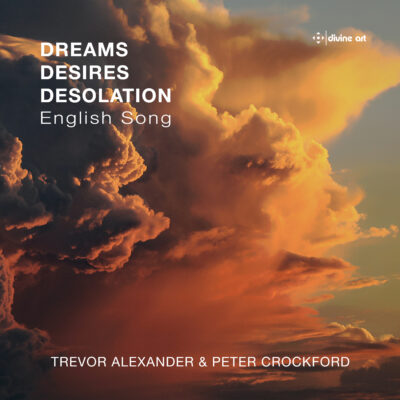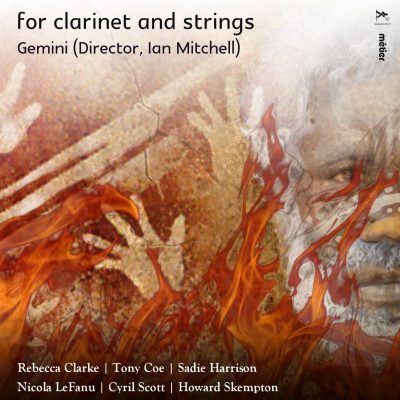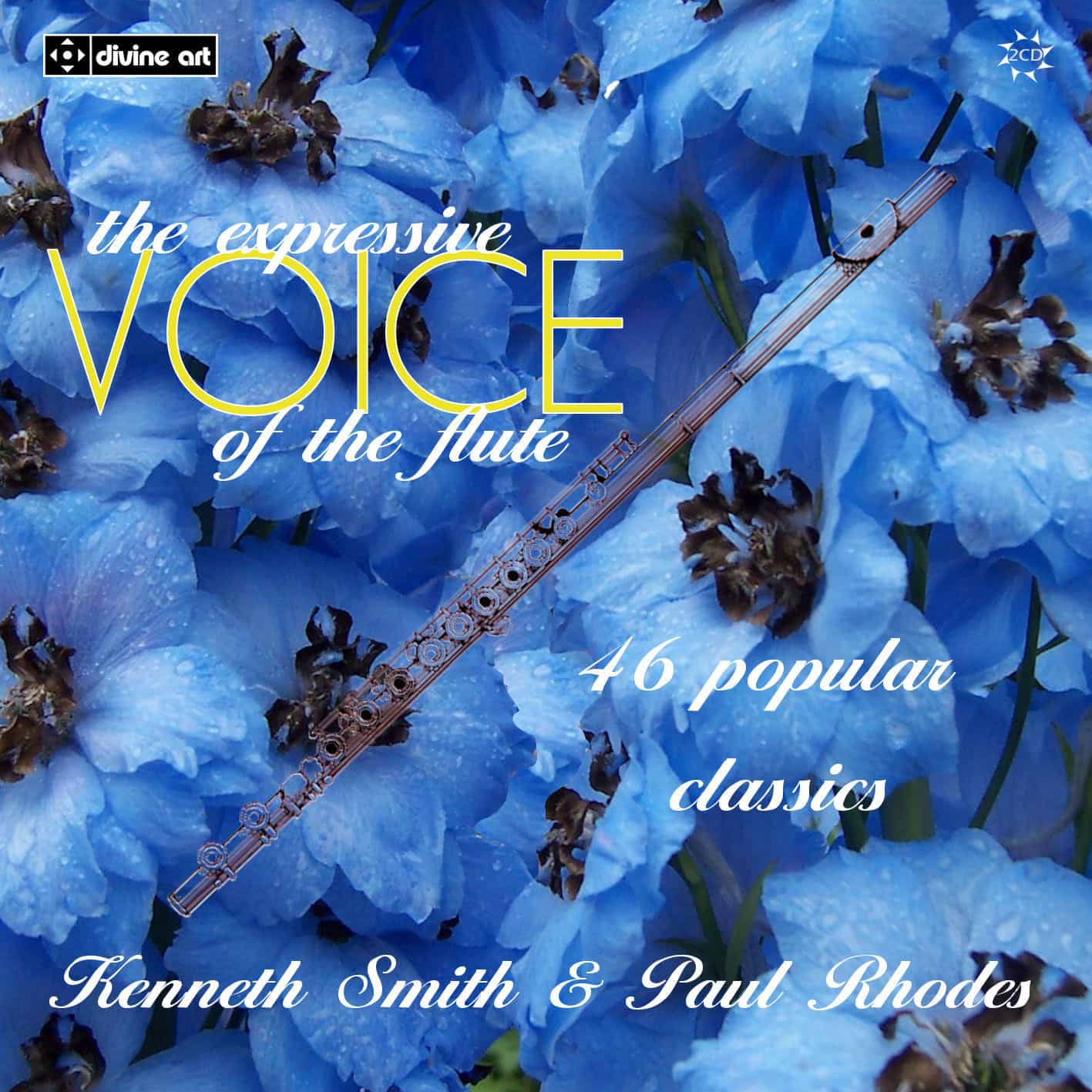Cyril Scott Recordings
Cyril Scott was born in Oxton, a suburb of Birkenhead, across the Mersey from Liverpool, in 1879. Aged 12 he was sent to study piano with the Italian Lazzaro Uzielli at the Hoch Konservatorium in Frankfurt. He returned to England after 18 months and began teaching and performing professionally. Then, deciding that he was more interested in composition than being a pianist he returned to Frankfurt for three more years studying with Iwan Knorr.Knorr told his students: ‘You must learn the rules, not slavishly stick to them, but be able to break them with good taste if inspiration demands it’.
Whilst in Frankfurt in the 1890s he befriended a group of other composers, who together became known as The Frankfurt Gang (or Group, or Five). They were Balfour Gardiner, Percy Grainger (who became a lifelong friend), Norman O’Neill and Roger Quilter. He also became a close friend of the poet Stefan Georg, whose work he later translated into English. Throughout his life Scott himself wrote several volumes of poetry, a number of plays written under the pseudonym of M. Arkwright Mundy (all unpublished) and three volumes of autobiography. In addition, there are numerous works on special interests such as Vedantism, occultism (nine books), naturopathy, osteopathy and homeopathy, which were translated extensively.
Scott wrote over 400 works. Initially there was a predominance of short piano pieces, as asked for by his first publisher from 1901, Arthur Boosey, who ensured Scott a steady income by providing a retainer in return for a certain number of songs and piano pieces. Many of the latter became very popular, perhaps none more so than Water-Wagtail Op. 71/3, 1910, actually published by Elkin, the publisher Scott joined
as his career began to develop with a number of large-scale works. During the 1920s his reputation was possibly at its peak. He became widely recognised as an innovator, particularly, perhaps, harmonically, and as a composer who had most definitely broken away from the by then possibly waning influence of Parry and Stanford. He wrote four symphonies (both the first, from 1899, dedicated to Stefan Georg, and the second, he later dismissed as immature, though three movements of the latter were restyled in 1907 as Three Symphonic Dances), three piano concertos, plus a number of others including double concertos for violin and cello, for two violins, for flute and bassoon,
and a harpsichord concerto, four piano sonatas (No. 1 Op. 66 being regularly performed by Percy Grainger for over thirty years), three string quartets, two string quintets, violin sonatas and other chamber music, four operas, three ballets, the ambitious 75-minutes Hymn of Unity written in 1947 after a long break from composition during the war years, and a number of oratorios.
Between the two world wars Scott became particularly well-known abroad (his one-act opera The Alchemist, 1917–18, was performed in Essen, for instance), as well as in England, with large-scale works, including for chorus and orchestra, that were performed at the Norwich and Leeds festivals. He also toured extensively throughout the world as a solo pianist, giving recitals and performing his piano concertos.















